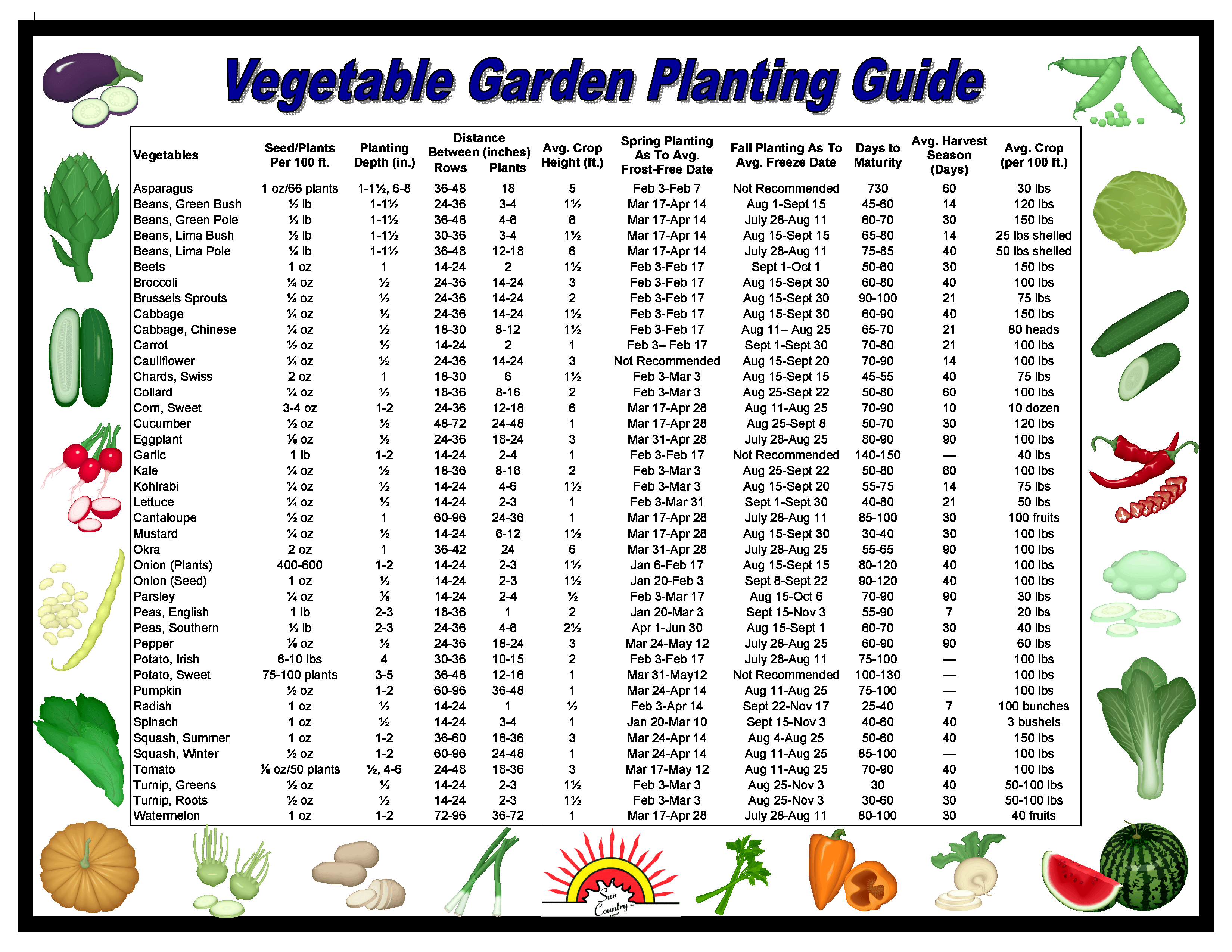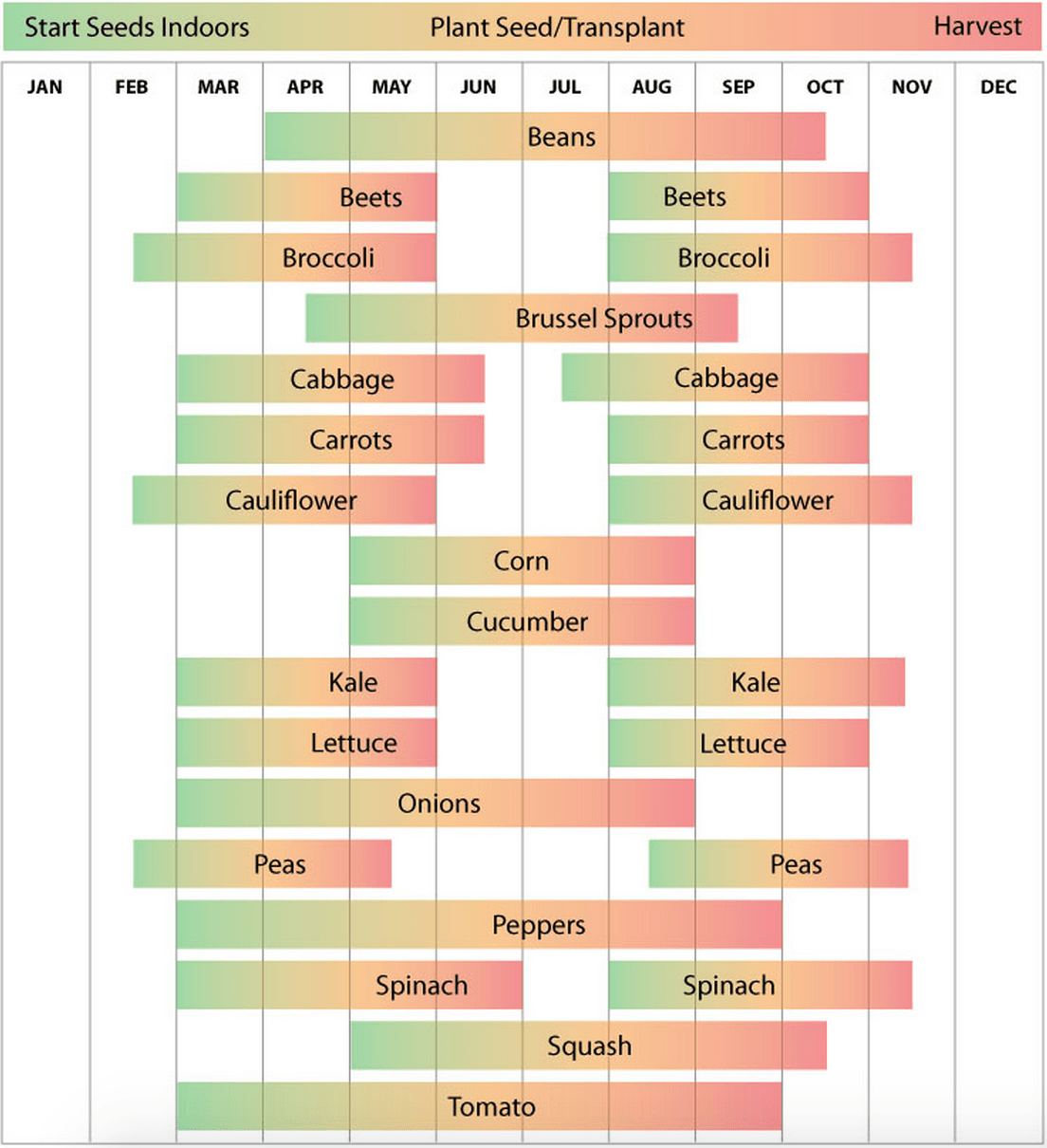May Vegetable Gardening: A Bountiful Harvest Starts Now
Isn't there something magical about the month of May? The days grow longer, the air is warmer, and the earth seems to hum with the promise of new life. It's the perfect time to get your hands dirty and start sowing the seeds for a bountiful summer vegetable garden.
Thinking about what vegetable seeds to sow in May can feel a bit overwhelming. Where do you even begin? There are so many delicious options! From juicy tomatoes and crisp cucumbers to vibrant peppers and leafy greens, the possibilities seem endless. This guide aims to help you navigate the exciting world of May vegetable planting, providing you with the information and inspiration you need to cultivate a thriving garden.
May is a pivotal month for gardeners in many regions. It's the sweet spot between the last frost of spring and the scorching heat of summer, offering ideal conditions for many vegetable varieties to flourish. Choosing the right seeds to plant in May sets the stage for a successful harvest later in the season. By understanding the specific needs of each vegetable, you can maximize your yield and enjoy fresh, homegrown produce throughout the summer and even into the fall.
Historically, the practice of saving and sowing seeds has been integral to human survival. From ancient civilizations to modern-day gardeners, the act of planting seeds represents a connection to the natural world and a commitment to self-sufficiency. May, with its optimal growing conditions, has long been recognized as a crucial time for starting many vegetable crops.
Planting vegetable seeds in May allows you to take advantage of the warmer temperatures and longer daylight hours, giving your plants a head start. Starting from seed also offers a wider variety of options compared to buying seedlings, allowing you to experiment with different cultivars and heirloom varieties. Plus, there's something deeply satisfying about nurturing a plant from a tiny seed to a mature, fruit-bearing marvel.
Let's dive into some popular vegetable seeds to plant in May. Bush beans, pole beans, and runner beans can all be sown directly into the ground. Cucumbers, both slicing and pickling varieties, also thrive when planted in May. Zucchini, summer squash, and pumpkins are all members of the cucurbit family and can be sown now as well. For salad lovers, lettuce, spinach, and other leafy greens can be sown successively for a continuous harvest. Finally, don't forget the sweet corn! It's a warm-season crop that thrives when planted in May.
One of the benefits of planting vegetable seeds in May is the extended growing season. This gives plants ample time to mature and produce a bountiful harvest. Another benefit is cost-effectiveness. Seeds are generally less expensive than buying established seedlings. Lastly, starting from seed allows for greater control over the growing process, ensuring you know exactly what your plants have been exposed to.
Creating a successful May vegetable garden involves several key steps. First, prepare your soil by adding compost or other organic matter. Next, choose the right location for your garden, ensuring it receives at least six hours of sunlight per day. Then, sow your seeds according to package directions, paying attention to spacing requirements. Water regularly and provide support for climbing plants like beans and cucumbers. Finally, protect your young plants from pests and diseases.
Advantages and Disadvantages of Planting Vegetable Seeds in May
| Advantages | Disadvantages |
|---|---|
| Extended growing season | Potential for late frosts |
| Cost-effective | Requires more time and attention |
| Greater variety of options | Risk of pest and disease damage |
Here are five best practices for planting vegetable seeds in May: 1. Harden off seedlings before transplanting them outdoors. 2. Use a soil thermometer to ensure the soil is warm enough for planting. 3. Provide adequate spacing between plants to allow for proper growth. 4. Water deeply and consistently, especially during dry periods. 5. Mulch around your plants to suppress weeds and retain moisture.
Some challenges you might encounter when planting vegetable seeds in May include unpredictable weather, pest infestations, and disease outbreaks. Solutions include using row covers to protect plants from frost, implementing pest control methods, and practicing crop rotation to prevent disease.
Frequently asked questions about planting vegetable seeds in May often include: What vegetables can I plant in May? When is the best time to plant in May? How deep should I plant the seeds? How far apart should I space the seeds? How often should I water? How do I protect my plants from pests? When can I expect to harvest? What are some common problems to watch for?
A helpful tip for planting vegetable seeds in May is to start seeds indoors a few weeks before the last expected frost for crops like tomatoes and peppers. This gives them a head start and ensures a longer growing season.
In conclusion, planting vegetable seeds in May is a rewarding experience that connects us to the natural rhythms of the earth. By carefully selecting the right seeds, preparing our soil, and nurturing our plants, we can enjoy a bountiful harvest of fresh, flavorful vegetables throughout the summer months. The benefits of planting in May, from the extended growing season to the cost savings and variety of choices, are numerous. While there are challenges to be aware of, such as late frosts and potential pest issues, implementing best practices and understanding the specific needs of each vegetable will pave the way for gardening success. So, roll up your sleeves, dig in, and enjoy the journey of watching your May-planted seeds transform into a vibrant and productive garden. This is a chance to savor the fruits (and vegetables!) of your labor, to connect with nature, and to enjoy the simple pleasure of growing your own food. Don't delay – start your May vegetable garden today and experience the joy of a homegrown harvest!
Witty comebacks exploring the world of clean roast generators
Unlock your homes potential a practical guide to feng shui principles
Hauoli la hanau gif














/free-seeds-56af69d33df78cf772c41dba.jpg)